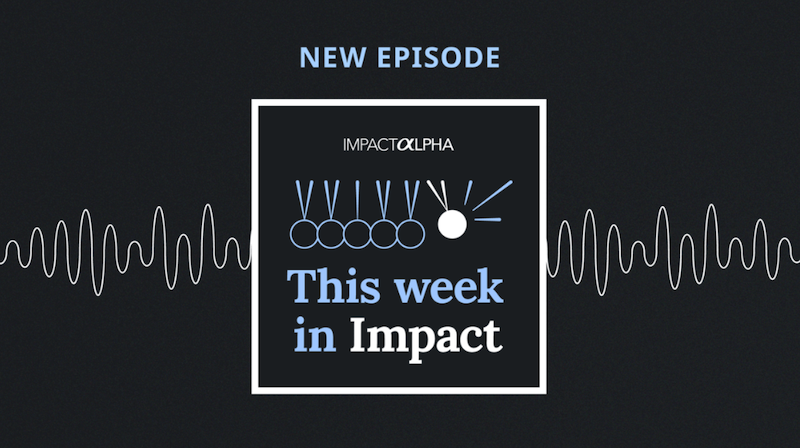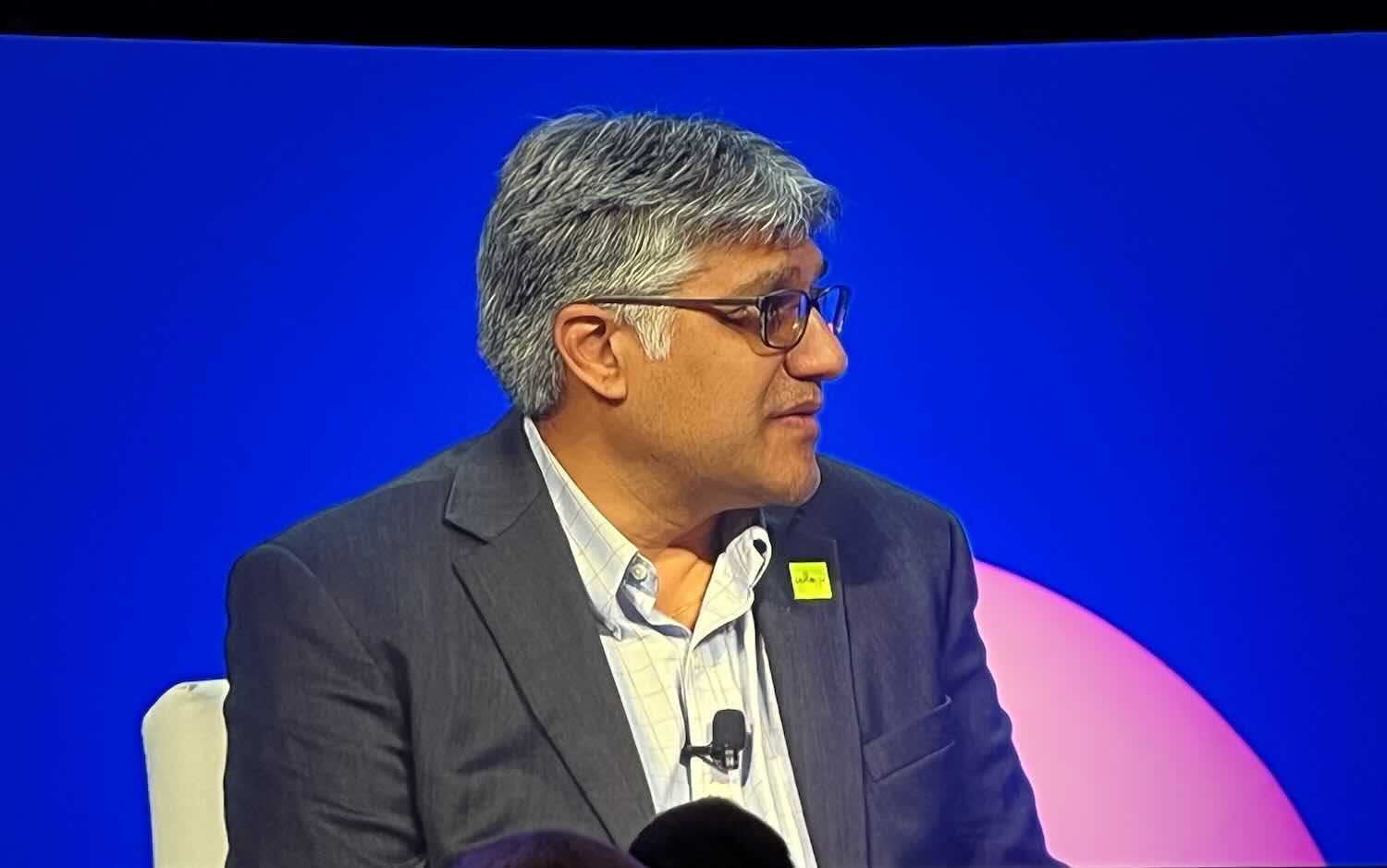ImpactAlpha, Feb. 28 – Community development financial institutions, or CDFIs, have been making loans for decades in neighborhoods and sectors where mainstream capital dared not tread.
Along the way they’ve demonstrated that affordable housing, schools, healthcare and grocery stores that serve low-income communities are not as risky as often perceived by outside capital. Yet CDFI lending has been constrained by their own access to capital, which was mostly supplied by big banks looking to fulfill Community Reinvestment Act requirements.
In the last few years, some high-performing CDFIs have found another source of capital: the public bond markets. Since 2017, Capital Impact Partners, an Arlington, Virginia-based CDFI with a national presence, has raised $160 million by offering its Capital Impact Notes to foundations, insurance funds and impact-focused mutual funds as well as retail investors.
The challenges faced by low-income neighborhoods that have been systematically disadvantaged requires “a continuum of capital, brought in at scale,” says Carr, Capital Impact Partners’ president and CEO.
The notes are offered monthly, rather than on a one-time basis as some other CDFIs have done. “It’s important to maintain a presence in the market as an issuer,” Carr told David Bank at a gathering at the Aspen Institute in Washington D.C.
Community development lenders attract new investors to low-income neighborhoods
That track record, he says, “will allow us to bring other products to market, debt-like or even equity, that allows different channels of mainstream capital to come in.”
The notes have an A+ rating from S&P Global and the CDFI has made the ImpactAssets 50 list three years running (see No. 1, below).
Carr is just getting warmed up. “The fundamental question we ask ourselves is, how do we rethink the way that capital flows, and scale is a big part of that.”












